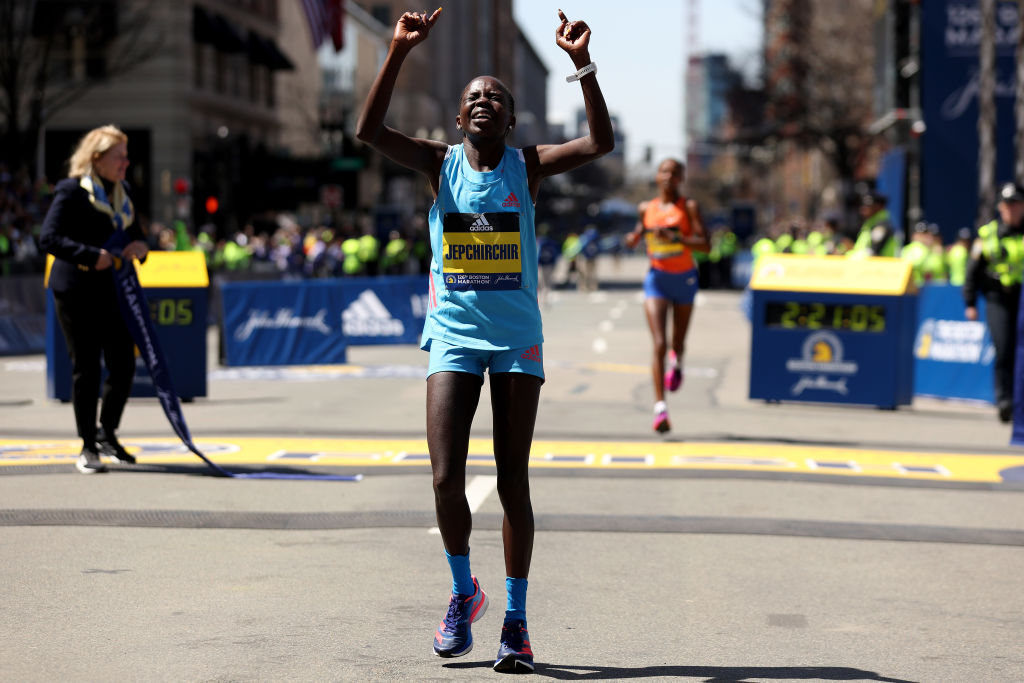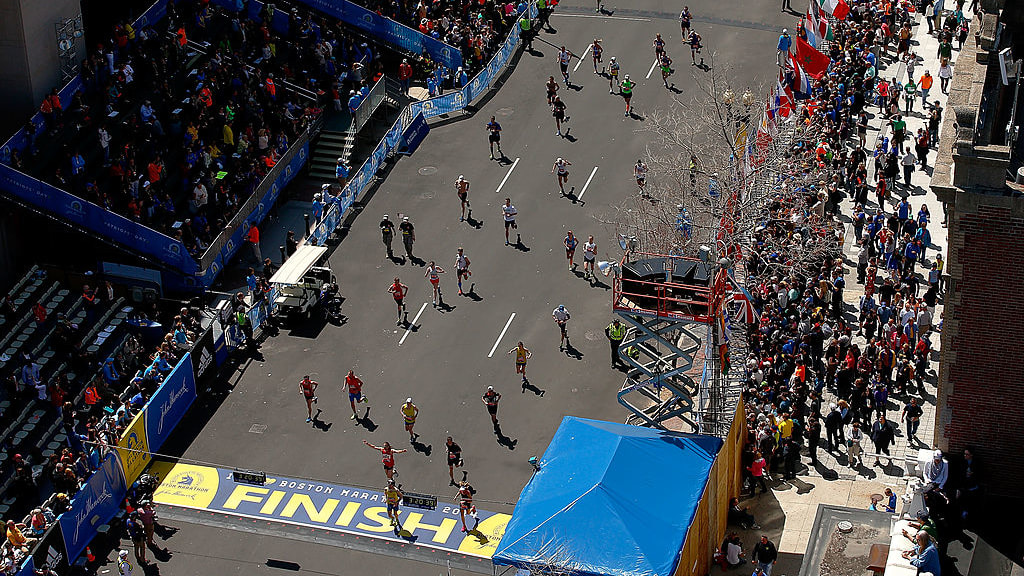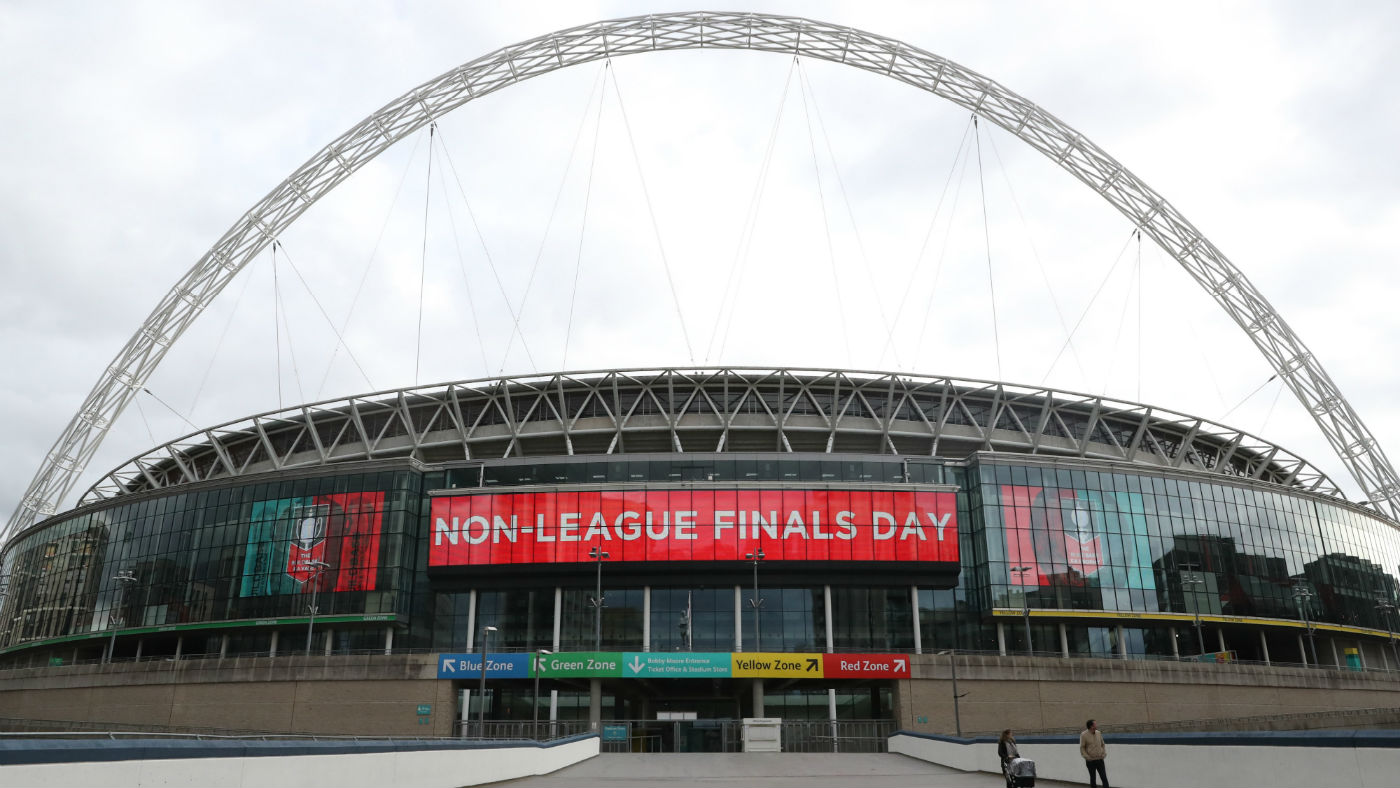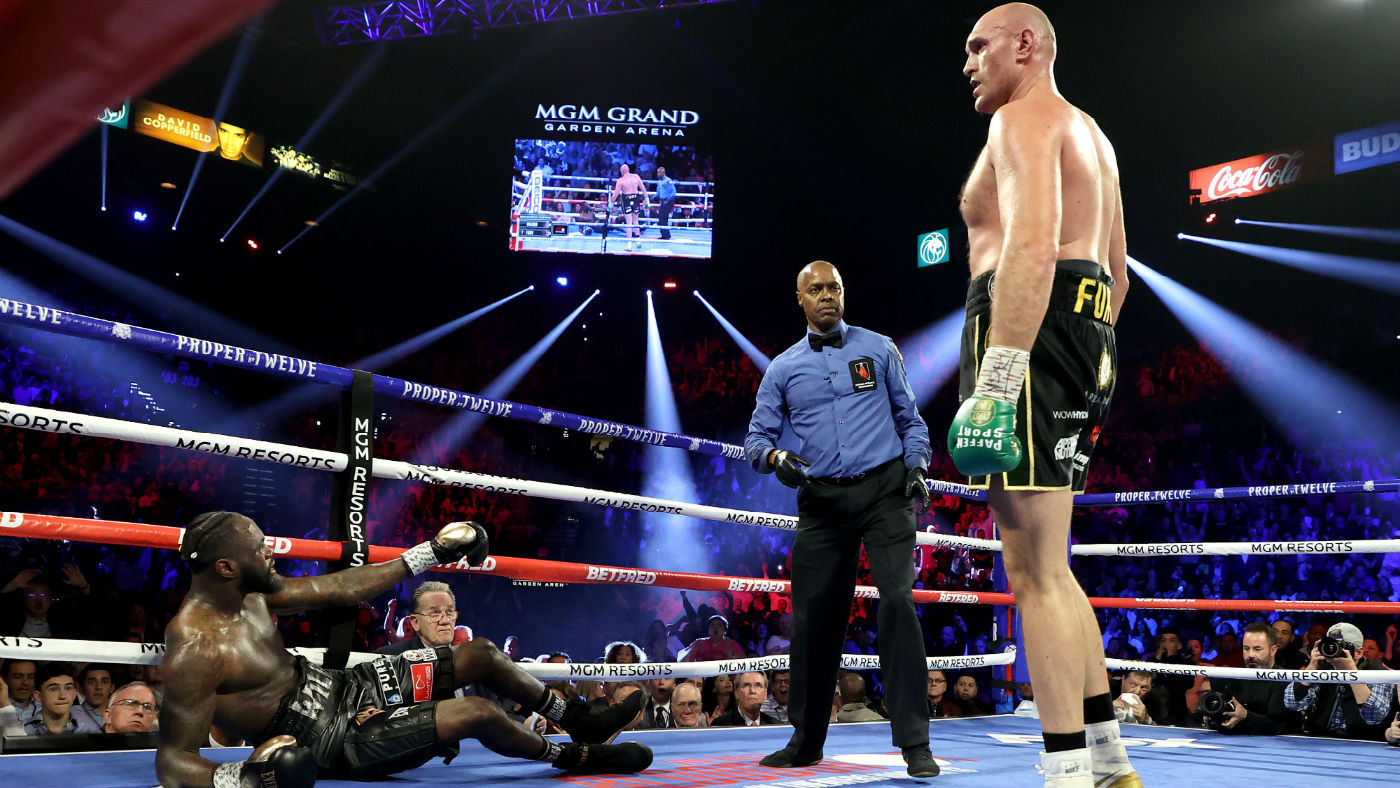The greatest show on earth - or are the Olympics just too big?
With fewer and fewer cities able to afford the cost of the Games, the format may need to change in the future

A free daily email with the biggest news stories of the day – and the best features from TheWeek.com
You are now subscribed
Your newsletter sign-up was successful
"The Olympics are dead. It's a dying concept no one wants to touch." So says Jeff Ruffolo, an American who acted as chief communications officer for the 2008 Olympics in Beijing.
Ruffolo also helped China prepare its 2022 Winter Olympics bid and has worked on other bids in the US, including an aborted pitch for Honolulu to host the 2024 edition. The reason, he says, is that the Olympics have become too expensive a concept for the majority of cities.
"There was a time when the Olympics were a good thing – Los Angeles in 1984, Barcelona in 1992, even Beijing needed 2008 to prove to the world it could do this. Now, since 2008, they're a poison pill," he told The Guardian.
The Week
Escape your echo chamber. Get the facts behind the news, plus analysis from multiple perspectives.

Sign up for The Week's Free Newsletters
From our morning news briefing to a weekly Good News Newsletter, get the best of The Week delivered directly to your inbox.
From our morning news briefing to a weekly Good News Newsletter, get the best of The Week delivered directly to your inbox.
The facts appear to bear him out: every Olympics since 1960 has gone over budget by an average of 179 per cent and some previous host cities have been almost bankrupted by them, most famously Montreal, which spent 30 years paying off the Games.
19th-century business model
Two cities, Boston and Hamburg, last summer pulled out of the race to host the 2024 Games, citing the lack of public support for such an economic commitment.
"Boston's decision to withdraw its bid underscores the growing awareness of the costs and burdens of hosting the Olympics," says Al-Jazeera's Juliana Barbassa.
A free daily email with the biggest news stories of the day – and the best features from TheWeek.com
"The IOC is clinging to a 19th-century business model in a 21st-century world that has passed it by," Chris Dempsey, co-chair of the No Boston Olympics lobbying force, told the Guardian. "Until it fundamentally reforms, it will continue to see potential hosts drop their bids, especially in cities like Boston, Hamburg, Munich and Krakow, places where citizens realised they were being asked to host foot the bill for the IOC's three-week, made-for-TV extravaganza.
"Boston is a prosperous, proud, world-class city filled with passionate sports' fans, but our community decided we had far more important priorities for our civic energy and resources than hosting the Games."
Broken promises
Rio's candidacy in 2009 underlined the belief in the Olympics' power to bestow global approval on a city, says Barbassa. The Games were pitched as a catalyst for infrastructure modernisation and urban renewal, capable of improving the quality of life in the city. When the IOC awarded Rio the Games, Brazil's then-president, Luiz Inacio Lula da Silva, wept uncontrollably.
But eight years on - and just weeks before the opening ceremony - Rio residents can see it was an expensive gamble. "Promises made during the bid have fallen through," says Time, and the vast majority of residents are not benefiting.
Spread the wealth
"The solution is simple, spread the wealth," says Beau Dure in the Guardian. "Imagine the Olympics not as a three-week festival that's simply too much for anyone to follow, much less host, but as a summer-long series of events leading up to a scaled-back final celebration of marquee events."
By spreading the events across the globe, cities could bid to host certain sports, he adds, and "each host city would still be able to give a bit of the serendipity that gives the Olympics their charm".
The IOC has said it is looking at allowing the Games to be held across a geographical region, rather than just in one country, in an "effort to encourage countries to bid for the Summer and Winter Olympics in an age of austerity".
But those hoping for change, says Barbassa, should remember that in 2003, the IOC vowed to "promote a positive legacy from the Olympic Games to the host city and the host country, including a reasonable control of the size and cost of the Olympic Games".
This was followed by the Beijing summer Games and the winter version in Sochi in 2014, two of the most expensive sporting events ever with a combined cost of $91bn.
-
 Political cartoons for February 21
Political cartoons for February 21Cartoons Saturday’s political cartoons include consequences, secrets, and more
-
 Crisis in Cuba: a ‘golden opportunity’ for Washington?
Crisis in Cuba: a ‘golden opportunity’ for Washington?Talking Point The Trump administration is applying the pressure, and with Latin America swinging to the right, Havana is becoming more ‘politically isolated’
-
 5 thoroughly redacted cartoons about Pam Bondi protecting predators
5 thoroughly redacted cartoons about Pam Bondi protecting predatorsCartoons Artists take on the real victim, types of protection, and more
-
 Watch the dramatic final sprint that determined the women's winner of the Boston Marathon
Watch the dramatic final sprint that determined the women's winner of the Boston MarathonSpeed Read
-
 Runners from Russia and Belarus won't be allowed to compete in the Boston Marathon
Runners from Russia and Belarus won't be allowed to compete in the Boston MarathonSpeed Read
-
 Sport shorts: Joe Root gets Ashes motivation watching The Test on Amazon and Wimbledon looks set to be cancelled
Sport shorts: Joe Root gets Ashes motivation watching The Test on Amazon and Wimbledon looks set to be cancelledDaily Briefing Ten things from the world of sport on Tuesday 31 March
-
 Sport shorts: dates confirmed for the Tokyo Olympics and Paralympics in 2021
Sport shorts: dates confirmed for the Tokyo Olympics and Paralympics in 2021Daily Briefing Ten things from the world of sport on Monday 30 March
-
 Today’s back pages: Premier League players face strict lockdown to get season finished
Today’s back pages: Premier League players face strict lockdown to get season finishedDaily Briefing A round-up of the sport headlines from UK newspapers on 30 March
-
 Sport shorts: Bayern keeper Manuel Neuer is linked with Chelsea and Ajax player Abdelhak Nouri comes out of a coma
Sport shorts: Bayern keeper Manuel Neuer is linked with Chelsea and Ajax player Abdelhak Nouri comes out of a comaDaily Briefing Ten things from the world of sport on Friday 27 March
-
 Today’s back pages: Non-league clubs threaten legal action against The FA
Today’s back pages: Non-league clubs threaten legal action against The FADaily Briefing A round-up of the sport headlines from UK newspapers on 27 March
-
 Sport shorts: Tyson Fury vs. Deontay Wilder III may be held in October and lottery losses will hit Team GB Olympic athletes
Sport shorts: Tyson Fury vs. Deontay Wilder III may be held in October and lottery losses will hit Team GB Olympic athletesDaily Briefing Ten things from the world of sport on Thursday 26 March